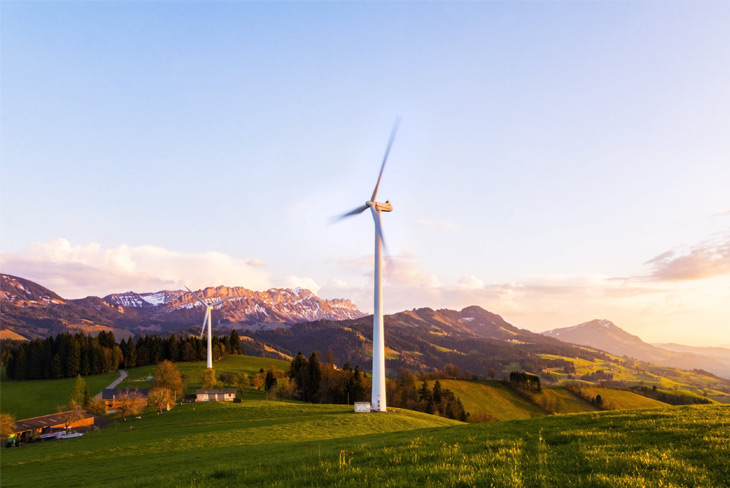Goals for Sustainability: What’s Realistic?

Sustainability has no “general” definition, but when we view it from the perspective of someone who is trying to lessen their carbon footprint, we can surmise it as such: sustainable is used to describe something that has the capacity to continue at a certain level. . As an example, environmentalists might talk about sustainable energy, sustainable meat, or sustainable consumerism.
Sustainability is now being used to characterize areas of our lives, aiming towards a more ecological future. We use alternative resources to avoid overexploitation of natural resources, research and invest in lab-grown meat to reduce land usage in animal agriculture and promote reusable household items to reduce consumer purchasing activity and waste accumulation.
That being said, to alter one’s life to become “fully” sustainable is not realistic. Why? Because there is still a lot of research that needs to be done, because not everyone’s life can be altered significantly to adapt to more sustainable behaviours, and because many geographic locations do not have access to the materials to make the swap or rely on certain “non-sustainable” practices for their economy.
When it comes to sustainability, what do we need to remember? How do we achieve our goals for sustainability? In this blog post, we discuss some things we need to acknowledge to reach our goals:
It’s okay to be angry or sad.
Did you know that “eco anxiety” is a real condition? That’s right. Eco anxiety is basically as it sounds: anxiety over the outcome of climate change or the state of the environment. Many people who are informed and invested in taking a stand against climate change by adapting to more sustainable ways of living may feel sad, worried, or even angry. Why isn’t everyone making the same changes you are? Don’t they care? It can be difficult, upsetting, and make you feel hopeless at times.
But this is okay. You can only control yourself. Some things we need to come to terms with so that we can better focus on ourselves and the way that we run our own lives.
Not everyone wants to take a stand.

It’s an unfortunate fact to face, but not everyone is as invested in the environment and taking a stand as you are. As much as we would like to say that we are all in it together, we’re not all on the same page. For many people, it just isn’t in the cards at this point in their life, or they simply aren’t interested.
Remember, your life is your own and you control it – no one else. People may not like to be told how to go about their lives, especially given that some more “sustainable” choices can be huge for certain people. Just because we believe in doing good for the environment, it does not mean everyone else does too! In this case, it is important to focus on our own actions rather than the actions of someone else or even your own friends and family.
It’s in the little things.
We do not need to purchase a Tesla and give up our nearest supermarket to build an entire greenhouse in our front yard to grow our food. While it is totally cool if these are things you do, many of us are not at a place or do not have the capacity to make these kinds of swaps. Instead, many of us can only make small switches to begin with. These swaps can have a huge impact! While ditching your weekly takeout for a home-cooked, waste-free meal may seem like a small thing, it adds up over time. Try bringing a reusable cloth bag to the store next time you go shopping! Or, if you’re feeling like switching things up, ask around the office to see if any of your coworkers are interested in carpooling!
Small changes add up. Every action can contribute, and who knows? Your small changes may even influence others to take a stand as well.
Take action and be an influence.
While we cannot “make” anyone see things the way that we do, we can certainly be an influence. You never know what kind of impact your choices could have on others! Maybe your coworkers saw you bringing your lunch into work in glass Tupperware and were inspired to purchase their own. Or, perhaps you have taken up biking into school everyday, and now your classmates or neighbours wish to join you! . When we all collectively cause a little less or even no harm to the ecosystems, our actions add up. The best way to encourage others to take action is to do so ourselves, hoping that we might influence others along the way to join our cause .
If your friends, family, co-workers, or even neighbours are showing interest in switching to more sustainable options, considering hosting a watch party for a documentary you enjoy! Or maybe volunteering together is more your style. If all your neighbours are interested, you could even start a communal compost garden.
The options are endless, but one thing is for sure: we can never achieve our goals of sustainability unless we take action, and that action starts with you!

